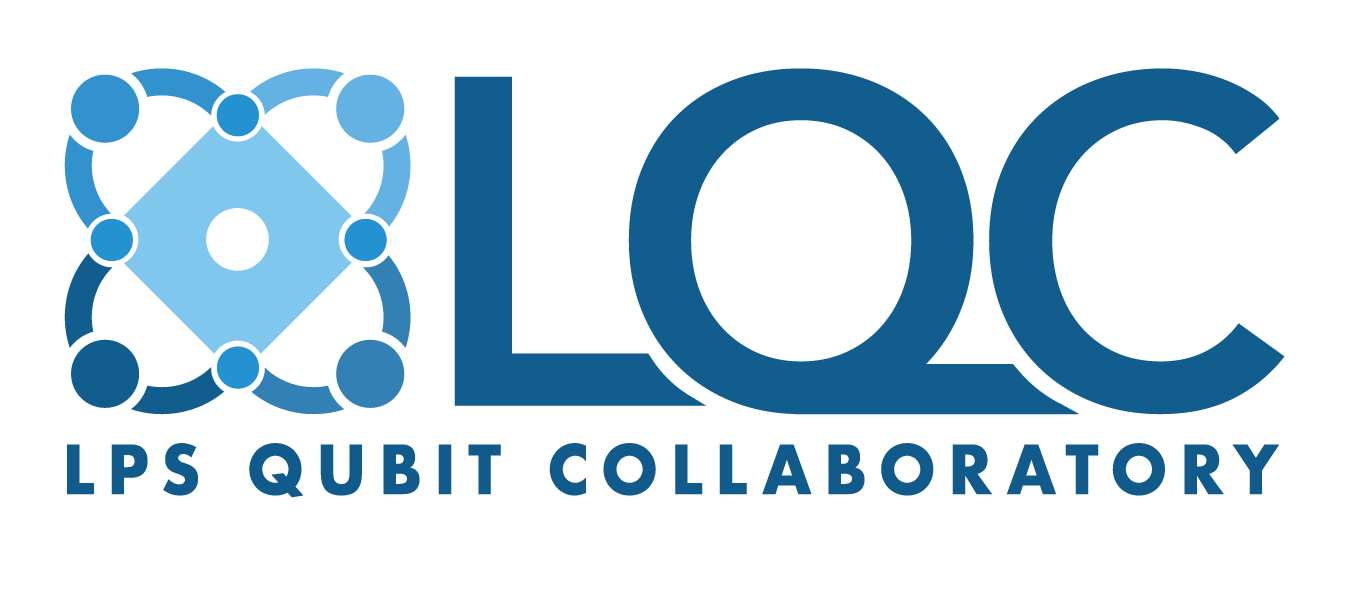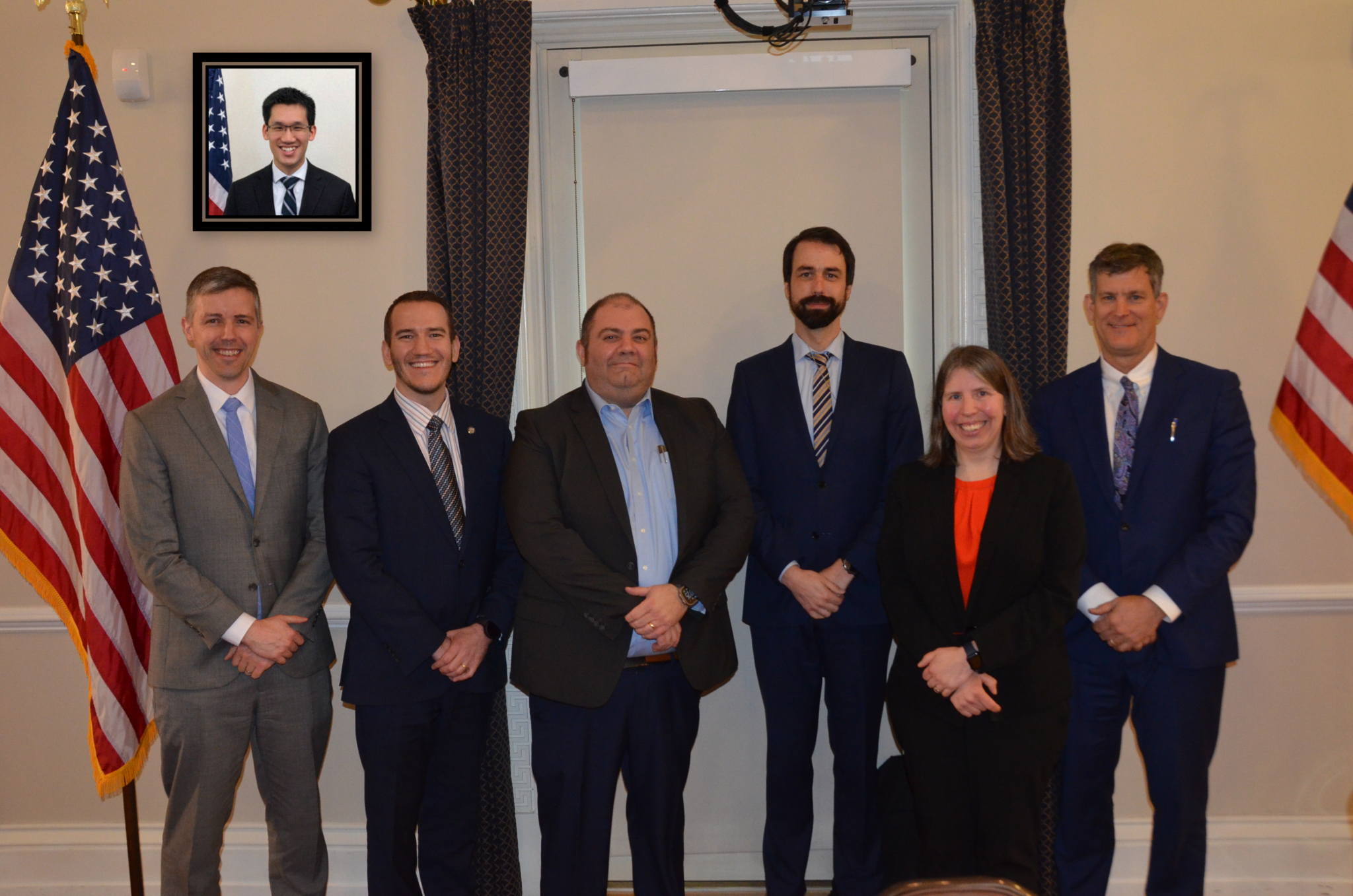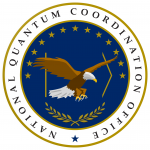Original Link: https://www.quantum.gov/never-a-bad-time/ Archived PDF: Never a Bad Time - National Quantum Initiative.pdf
Highlighting the LPS Qubit Collaboratory
(March 1, 2024) My first official day at the White House Office of Science and Technology Policy (OSTP) was June 15, 2020, during the depths of the COVID-19 lockdown, and with nine-foot riot fences still up around the White House complex. Of course, I didn’t know all that would happen when I accepted the job as the first NQCO Director many months before. But I don’t regret starting then – at all. What I found is that it’s always an exciting time to be at OSTP. Through two Presidents, three OSTP Directors, a Presidential transition — witnessing a miracle of democracy — and the last 3.75 years, that has continued to be true.
I am still optimistic about quantum computing and quantum information science (QIS). I say that because that is the first question I often get these days. Fundamentally, what I said at the start of the National Quantum Initiative (NQI) is still true today. QIS represents a foundational shift in our understanding of information technology. Given the importance of information technology in our lives, such a shift has to be important. We have a few examples that prove it:
- We have learned how to build more and more complex quantum hardware.
- We are understanding better the power and limitations of quantum algorithms, quantum error correction, and applications; we have not hit a “no-go” yet.
- We have quantum computers with 100+ qubits that are programmable over the Internet.
- We have quantum sensors that work, at sea, in salt water, on ships.
- Three decades after Shor’s famous paper, we are ready to deploy quantum-resistant cryptography.
As always, you can read all about the status of the NQI in the latest annual report and on quantum.gov. Perhaps one of NQCO’s greatest successes has been the close relationships we have made between agencies. The true power and uniqueness of the NQCO in the Executive Office of the President is its staff: actual federal scientists representing their respective home agencies. In the next five years, I expect engineering to take on a more important role as we climb the ladder of technology readiness levels for quantum technologies. Technical guidance will be vital to guiding that progression. What makes U.S. research and development so unique is the deep bench of technical talent we have in the federal government. It is one of our superpowers. So, please consider spending some part of your career in government service; the impact you can make is immense.
I learned from my first job that the most important thing you can do is find your replacement. I am grateful to tell you that Dr. Gretchen Campbell will be taking over as Assistant Director for Quantum Information Science and Director of the NQCO. Gretchen, from the National Institute of Standards and Technology, is an eminent scientist and has been deputy director of the NQCO for the last year and before that Co-Director of the Joint Quantum Institute. There will soon be other new members of the NQCO to support her. The goal should always be to replace yourself with someone better than you. And I can honestly say that I have done that, and it is a great thing for the U.S. quantum ecosystem.
For most of my career, I have worked in quantum computing. I have run a research group, been a program manager for quantum computing programs, been a group lead, technical director, office chief, and so on. Anyone who has worked in this field will tell you the same thing: success is not about the technology, it is about the people. With that sentiment, I want to thank everyone in the quantum ecosystem who has been contributing to the national and international effort, from the principal investigators to the graduate students, and from the entrepreneurs to the government experts and program managers.
I’m glad that I can end this last Director’s letter by highlighting my home lab: the LPS Qubit Collaboratory (LQC). NSA’s Laboratory for Physical Sciences (LPS) has a three-decade history of building the global quantum computing research community. With the passage of the NQI Act, before I joined OSTP, we made the case that the Intelligence Community must support the National Strategy for QIS and that LPS needed to be a National QIS Research Center, with new and expanded programs to support the national effort. The Qubit Foundry program, which provides qubits to academic groups across the country, is a great example of that commitment. The LQC’s mission is to expand disruptive qubit research, build a pipeline of talent, and form deep partnerships between government, academia, industry, and federal labs. Hence our logo is reminiscent of the surface code and—top down—also looks like four people sitting around a table, collaborating. Cooperation is how to win. I still love the logo. Thank you and best wishes.


Caption: Best wishes to the NQCO: past, present, and future.
Charles Tahan is Assistant for the Quantum Information Science and Director of the National Quantum Coordination Office.
More on The National Quantum Coordination Office (NQCO): The NQCO is responsible for coordinating the National Quantum Initiative and working across the federal agencies to develop the national strategy for quantum information science, including other quantum technologies like sensors and networks. The US quantum strategy is focused on getting the science right, enhancing American competitiveness, and enabling our people to benefit from this new field. Quantum information science is the quintessential critical and emerging technology. It is foundational, meaning that it will impact many different technologies from new types of sensors to disruptive quantum computers. It is emerging, because despite decades of funding – federal investment alone has doubled over the last few years – we are still learning how applications of this technology may affect society and are still working to solve the many scientific hurdles that we still face.
